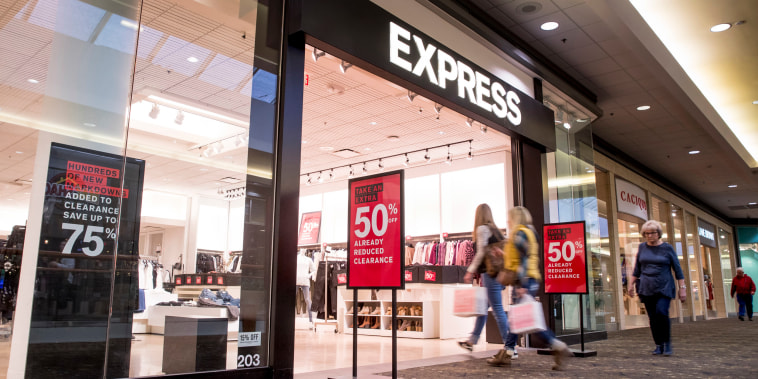The Express, an iconic American fashion retailer, has recently filed for Chapter 11 bankruptcy, citing COVID-19 as the primary catalyst for its current financial distress. This development brings about the looming closure of approximately 100 retail outlets out of a total of 500 across different cities in the US.
While this occurrence is a significant blow to the company’s presence, it aligns with its restructuring strategy aimed at cutting down expenses and streamlining operations to achieve long-term results. The company’s representatives have noted that the organizational revamp is a necessary and strategic step towards sustaining the brand and enhancing its operational capabilities.
Bankruptcy isn’t currently an uncommon route; many businesses are staggering under the weight of the pandemic-induced economic contraction. This situation has upset revenues and pushed multiple companies, far and beyond Express, into seeking financial refuge under the Bankruptcy Code. As businesses continue to grapple with uncertain trading conditions, corporate bankruptcies have spiked, reflecting the depth of the economic crisis facing many sectors.
For Express, the closures present opportunities and challenges. On the brighter side, these moves underscore the retailer’s pivot toward online sales, which have been largely successful amid the pandemic. Instead of being reliant on brick-and-mortar stores that attract high operational costs, focusing more resources on digital sales channels may help to create a more resilient, sustainable business model.
On the flip side, however, the closures signify job losses, and this can have a significant ripple effect on the affected local economies. It further reflects the immense struggle that retail outlets are facing in competing with online shopping platforms.
In response to the challenges facing Express, an investor group has pronounced interest in reviving this iconic brand, a move that brings a glimmer of hope to the ailing retailer. The group, comprising Sycamore Partners, Simon Property, and Brookfield Property, has proposed purchasing the retailer through a bankruptcy plan. The investors anticipate that a financial overhaul will turn the tide for the company and reinstate its business standing, thus saving the brand.
Amid the extensive economic wreckage caused by the pandemic, it’s evident that businesses need to rethink their strategies and business models. Express’s journey is a case in point, where its shift toward digital channels and attention from investors highlight the evolving retail landscape.
Through its tumultuous journey, Express’s story offers a mirror into the state of traditional retail in the midst of an unprecedented crisis. It showcases the struggle to stay afloat, the need for change and adaptability, and the potential for resurgence even in dire circumstances. Indeed, Express’s efforts to navigate its current predicament serve as a testament to the broader narrative of resilience and transformation in the face of significant upheaval.
